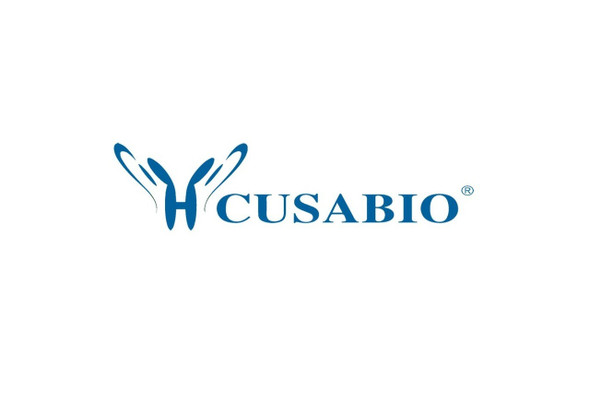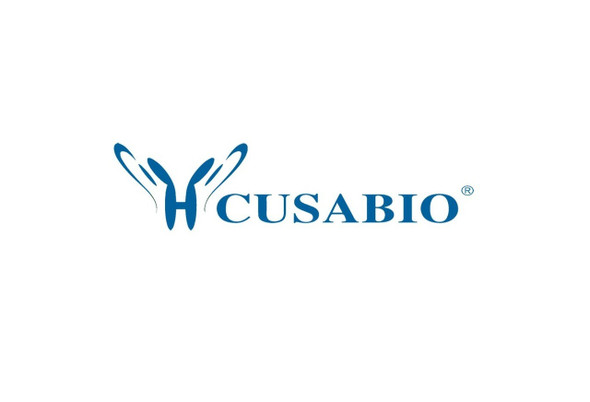Cusabio Polyclonal Antibodies
Phospho-MAP3K5 (Ser966) Antibody | CSB-PA009239
- SKU:
- CSB-PA009239
- Availability:
- 3 to 7 Working Days
- Size:
- 100ul
Description
Phospho-MAP3K5 (Ser966) Antibody | CSB-PA009239 | Cusabio
Phospho-MAP3K5 (Ser966) Antibody is Available at Gentaur Genprice with the fastest delivery.
Online Order Payment is possible or send quotation to info@gentaur.com.
Product Type: Polyclonal Antibody
Target Names: MAP3K5
Aliases: ASK-1; M3K5; MAP3K5; MAPK/ERK kinase kinase 5; MAPKKK5
Background:
Component of a protein kinase signal transduction cascade. Phosphorylates and activates MAP2K4 and MAP2K6, which in turn activate the JNK and p38 MAP kinases, respectively. Overexpression induces apoptotic cell death.
Zhang W, et al. (2005) J Biol Chem. 280 (19) : 19036-19044.
Fujii K, et al. (2004) Oncogene. 23 (29) :5099-5104.
Goldman EH, et al. (2004) J Biol Chem 2004 Mar 12; 279 (11) : 10442-10449.
Zhang L, et al. (1999) Proc Natl Acad Sci U S A. 96 (15) : 8511-8515.
Isotype: IgG
Conjugate: Non-conjugated
Clonality: Polyclonal
Uniport ID: Q99683
Host Species: Rabbit
Species Reactivity: Human, Mouse, Monkey
Immunogen: Peptide sequence around phosphorylation site of serine 966 (S-I-S (p) -L-P) derived from Human ASK1.
Immunogen Species: Human
Applications: ELISA, WB, IHC
Tested Applications: ELISA, WB, IHC;WB:1:500-1:1000, IHC:1:50-1:100
Purification Method: Antibodies were produced by immunizing rabbits with synthetic phosphopeptide and KLH conjugates. Antibodies were purified by affinity-chromatography using epitope-specific phosphopeptide. Non-phospho specific antibodies were removed by chromatogramphy using non-phosphopeptide.
Dilution Ratio1: ELISA:1:2000-1:10000
Dilution Ratio2: WB:1:500-1:1000
Dilution Ratio3: IHC:1:50-1:100
Dilution Ratio4:
Dilution Ratio5:
Dilution Ratio6:
Buffer: Supplied at 1.0mg/mL in phosphate buffered saline (without Mg2+ and Ca2+), pH 7.4, 150mM NaCl, 0.02% sodium azide and 50% glycerol.
Form: liquid
Storage: Upon receipt, store at -20°C or -80°C. Avoid repeated freeze.
Initial Research Areas: Cell Biology
Research Areas: Cardiovascular;Cell biology






